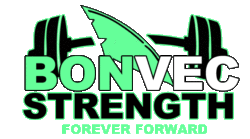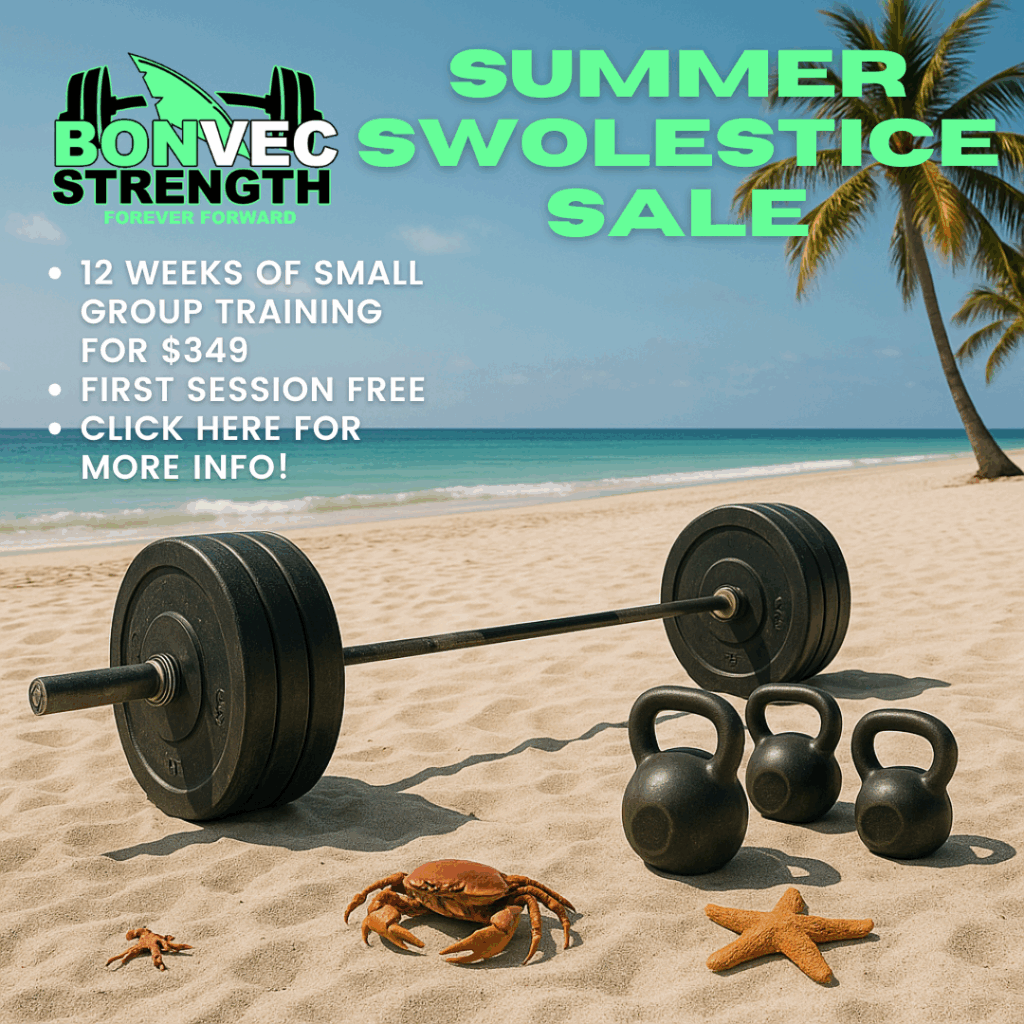Online coaching has been both a blessing and a curse for the fitness industry. On the plus side, it’s given lifters unprecedented access to fantastic coaches all over the world that they wouldn’t have been able to hire even just a few years ago. On the other hand, it’s made an already low-barrier-for-entry industry even more saturated with unqualified coaches who are trying to cash in using their social media savvy, NOT their coaching acumen.
Online training has been an important part of my business for close to 10 years now. It allowed me to open an in-person facility with minimal financial risk and has taught me to more patient and creative than I ever thought possible. I’ve often said and still firmly believe that effective online coaching is much more difficult than in-person coaching. Trainers that want to ditch their in-person gig to be a full-time online coach because it’s easier or will give them tons of freedom are sadly mistaken.
If you’re considering hiring an online coach, here are 4 things to watch out for:
They’ve Trained People in Person at Some Point
Online training gives coaches an opportunity to expand their revenue stream and reach far more people than in-person training. That’s awesome, but I’ve seen far too many rookie trainers want to make the jump immediately to online training before they’ve learned anything about actually coaching people. And the most important lessons to learn, such as:
- Building relationships
- Holding people accountable
- Making on-the-fly program adjustments
…are much more difficult to do online. You think it’s hard to build trust and rapport with a brand-new client in person? How about tactfully calling someone out when they show up late or aren’t giving their best effort? What about calling an audible on the day’s workout because your client tweaked their shoulder, got 3 hours of sleep or suddenly has 45 minutes to train instead of 60? Try doing all those things from behind a computer or cellphone screen.
Called me a grumpy old man, but I think it’s critical that trainers cut their teeth in person first because they’ll build these crucial skills faster. You can’t run before you learn to walk.
They Follow Principles, Not Systems
I’ve recently written about being wary of coaches who follow systems and try to plug all their lifters into the same style of programming. Or coaches who change their entire approach every time they see some new, shiny method online or at a seminar. Both these approaches are far too common among online coaches just trying to make a quick buck.
Methods can change, but principles do not. Online coaches should have strategies based on sound principles to determine what training approach is best for a given lifter, such as:
- An initial consultation to review training history, lifting technique, injury history and goals
- An autoregulation-based approach that allows the lifter to make the right day-to-day training decisions based on how they’re feeling
- A constraints-based approach to exercise selection that allows the lifter to learn from afar without immediate feedback from their coach
Because online training removes the in-the-moment coaching interactions that expedite the learning process, a good coach has to build in self-teaching processes into their programming so the lifter can self-discover what’s best for them. This is perhaps the most challenging part of online coaching and the biggest fundamental change I’ve had to make over the past few years. More on this in the next point.
They Ask Lots of Questions
If I could choose one thing about me for my lifters to complain about, it would be that I ask SO many questions. That’s because I believe a lifter’s feedback is the most valuable tool I have in the coaching process. Nearly every coaching decision I make is based on what the lifter thinks, feels and believes about the ongoing training process.
Early in my career, I used to think what a coach says or does makes the biggest impact on training. Writing the perfect program and giving the perfect coaching cues leads to perfect results, right?
This was misguided at best and arrogant at worst. It’s not about the coach. It’s about what the lifter does and how the coach steers the ship based on the lifter’s explicit and implicit directions.
Several years ago, I used to give lifters coaching cues BEFORE a set started, bark MORE cues during the set itself, and then when the set was over, immediately tell the lifter what they need to correct. Talk about information overload. This isn’t how effective learning happens.
Now, at least in person, I may give one technical cue to focus on before the set, I shut my mouth DURING the set (other than perhaps encouraging effort), and then ask pointed questions after the set. I don’t ask, “How did that feel?” or “How was that?” after the set, because the answer is almost always, “Good,” even if it wasn’t. Rather, I ask:
“What do you think?” or “What did you feel there?”
These two questions give me almost everything I need to know to make the next training decision. And you can’t ask these in real time with an online client. An online coach must learn how to extract feedback without being there in the flesh to ask for it.
I’ve found the best way to do this is to use exercises with built-in constraints to give the lifter tactile feedback (i.e., they feel when their technique breaks down) and give me visual feedback when I watch their videos. For example, using pin squats as a lifter’s warm-up before their heavy competition-stye squats will give them immediate feedback on bar path, torso position and foot pressure so they can self-correct once they get to their main sets for the day. And I can see on video if they’re getting out of position and if they’re able to improve their technique rep-to-rep.
And finally, some sort of auto-regulated, open-ended based prescription for loading, sets and reps such as RPE (rate of perceived exertion) and RIR (reps in reserve) is really the only way that makes sense in an online setting. There are too many moving parts and unpredictable variables to prescribe exact weights, sets and reps for lifters from afar. I only do this if I have such an extended history with a lifter that I know them like the back of my hand, and I do less and less of this as my coaching career goes on.
Requiring a lifter to fill in RPE or RIR on their training log is essentially asking a question: how hard was that set? How many reps did you get? Simple questions that give the coach the feedback they need to make the next training decision.
They Highlight Their Clients
One of the most powerful marketing tools in existence is social proof. Does your product work? If so, then surely you must have happy customers. If an online coach is not showcasing the results of their clients’ hard work, then perhaps they’re not the best coach for you.
In a world where you must be constantly creating content, trying to keep up can seem overwhelming. Some of the smartest business people I know have encouraged me to approach content creation from three angles:
- Educate: teach your audience to solve a common problem
- Inspire: show your audience someone achieving what they want to achieve
- Entertain: make them laugh
If you’re a coach who actually has clients, this isn’t too hard because if you’re listening to your clients, you’ll ALWAYS have content rolling in:
- Educate: your client asks you a question. Answer the question, write it down, then make a post about it because it’s likely many others have the same question.
- Inspire: if your clients get results, document it and post about it. Celebrate their victory and get some free marketing out of it.
- Entertain: your clients probably do silly things that make you laugh or irritate you. Make posts poking good-natured fun at it.
Fitness marketing 101, free of charge.
The point being, if an online coach’s content is nothing but their own workouts, infographics and recycled memes, you might think twice about hiring them. There should be some evidence that they work with real people and get tangible results.
Obligatory Sales Pitch
All of this is, of course, self-serving dribble to push my own agenda: I think we offer a kickass online coaching service. And we’re now offering a 2-week free trial to make it accessible to more lifters who may not otherwise consider online coaching. Click below to schedule your free consultation today:


